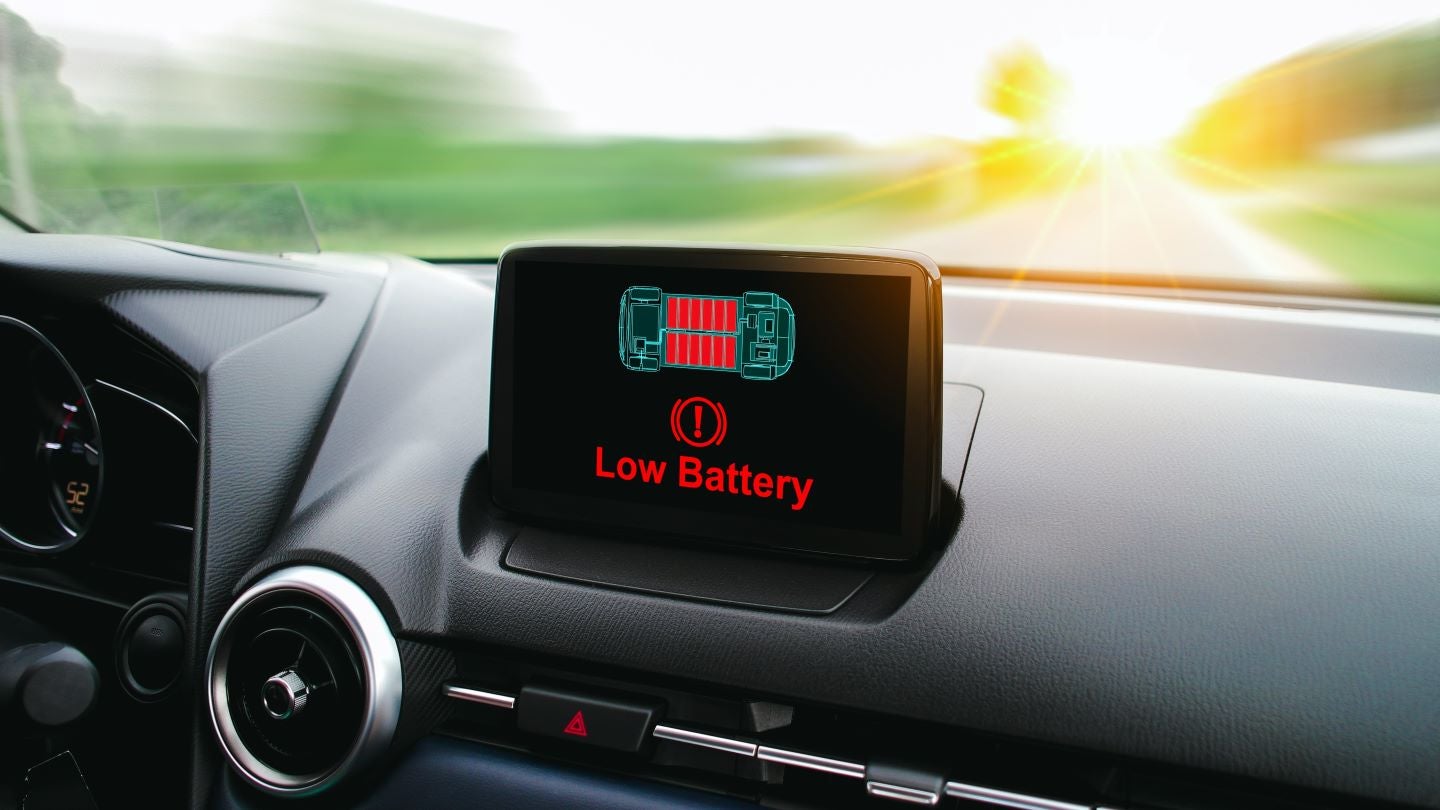
A survey by consumer watchdog Which? involving 3,595 electric vehicle (EV) owners has revealed insights into how quickly EV batteries degrade over time.
The study suggests that while battery degradation is inevitable, it may not be as severe as some fear.
EVs purchased in 2017 or 2018 showed a battery capacity drop to approximately 93% of the original state. Meanwhile, owners of EVs bought in 2019 or 2020 reported an average of 96% battery capacity remaining.
In addition, vehicles purchased between 2021 and 2023 maintained approximately 97% of their battery life.
Which? explained, that “if your car’s range when new was 180 miles (around the average for all EVs we have tested), you could expect this to drop to 167 miles after seven years”.
The survey noted that the average annual mileage for respondents was 6,001 miles, indicating that those who drive less might experience better battery retention.
Access the most comprehensive Company Profiles
on the market, powered by GlobalData. Save hours of research. Gain competitive edge.

Company Profile – free
sample
Thank you!
Your download email will arrive shortly
We are confident about the
unique
quality of our Company Profiles. However, we want you to make the most
beneficial
decision for your business, so we offer a free sample that you can download by
submitting the below form
By GlobalData
Several factors influence battery lifespan, including charging frequency, weather conditions, and charger strength. Cold weather, in particular, can significantly impact performance.
“Some studies have shown that vehicles can lose as much as 40% of their range in cold weather, although it varies car by car. Not only do EVs not go as far in cold weather but they also charge more slowly,” Which? said.
It suggests that a 30% drop in capacity is a significant threshold, potentially affecting long-distance journeys by requiring more frequent charging stops.
However, the study reassures potential EV buyers: “While battery degradation in EVs is an issue, it is not as bad as you might think in the first few years of ownership.”
Which?’s survey comes as the Society of Motor Manufacturers and Traders (SMMT) reported a surge in demand for used battery-electric vehicles, with a 57.4% rise to a record 188,382 units, achieving a 2.5% market share, up from 1.7% in 2023.
Plug-in hybrids and hybrids also saw growth, with sales up 32.2% to 92,120 units and 39.3% to 306,114 units, respectively.
The SMMT noted that the increase in used EV transactions by 43.3% reflects the growing demand and variety in the EV market, catering to diverse buyer needs.

